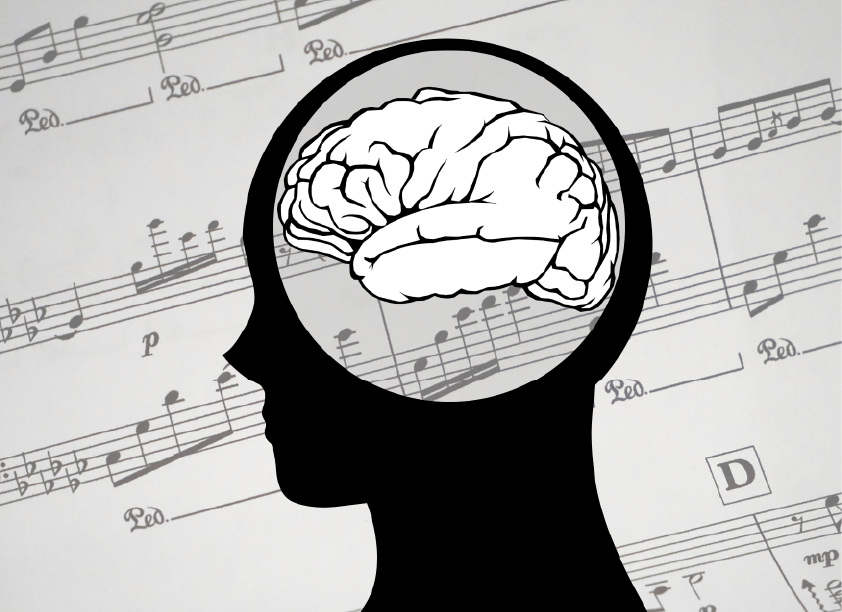Music and Mental Health: Surprising Facts You Need to Know


Music and Mental Health: Surprising Facts You Need to Know
El Valle Grita – Music is more than just a source of entertainment—it’s a universal language that has the power to heal, inspire, and transform. Over the years, numerous studies have highlighted the profound impact of music and mental health, revealing that melodies and rhythms can influence our emotional and psychological well-being in unexpected ways.
Whether you’re tuning into your favorite playlist to unwind after a stressful day or finding solace in lyrics that resonate with your feelings, music plays a vital role in shaping how we process emotions and cope with challenges. In this article, we’ll explore surprising facts about how music affects mental health and why it’s a powerful tool for emotional balance.
The Science Behind Music and Mental Health
When you listen to music, your brain releases dopamine, the “feel-good” chemical that enhances mood and reduces stress. This natural response explains why a favorite song can instantly uplift your spirits. Additionally, music influences neural pathways associated with memory, emotion, and motivation.
Researchers have found that specific types of music can have targeted effects on mental health. For example:
- Classical music reduces cortisol levels, helping to lower stress and anxiety.
- Upbeat tempos boost energy and combat feelings of fatigue.
- Melancholic melodies provide a safe space to process sadness and promote emotional release.
Music as a Stress Reliever
One of the most notable connections between music and mental health is its ability to reduce stress. Slow, calming music slows heart rate and lowers blood pressure, creating a state of relaxation.
Studies show that listening to soothing music before a challenging task can improve focus and reduce performance anxiety. This is particularly beneficial for students, professionals, and anyone facing high-pressure situations.
Music therapy—a clinical intervention where music is used to achieve therapeutic goals—has proven effective in reducing symptoms of stress-related conditions such as PTSD and generalized anxiety disorder.
READ MORE : Android 16 features Is Coming Sooner Than You Think—Here’s What’s New!
The Role of Music in Depression
For individuals struggling with depression, music can offer a lifeline. Lyrics that resonate with personal struggles provide comfort and validation, while upbeat songs encourage a shift in perspective.
Music therapy is often integrated into treatment plans for depression. Therapists guide patients through activities such as songwriting, drumming, or improvisational singing to improve emotional expression and foster a sense of accomplishment.
How Music Supports Emotional Processing
When words fail, music speaks. Many people turn to music during emotionally turbulent times because it provides a nonverbal outlet for expression. Listening to or creating music helps individuals process complex emotions they may struggle to articulate.
For example, breakup songs often resonate deeply because they mirror listeners’ personal experiences, offering both catharsis and understanding. This unique connection between music and mental health allows individuals to feel less alone in their struggles.
Surprising Benefits of Music on the Brain
Beyond its emotional impact, music has surprising cognitive benefits that support mental health:
- Memory Boost: Patients with Alzheimer’s or dementia often recall memories and emotions when exposed to music from their past.
- Enhanced Focus: Instrumental music improves concentration, making it a valuable tool for students and professionals.
- Creativity Trigger: Improvisational music stimulates the brain’s creative centers, promoting problem-solving skills.
Music Genres and Their Effects
Different genres evoke distinct emotional and mental responses:
- Pop and rock: Energize and motivate, perfect for workouts or productivity.
- Jazz and blues: Relax and provide introspection, ideal for winding down.
- Electronic beats: Inspire focus and determination, great for completing tasks.
- Acoustic and folk: Foster connection and warmth, helping with emotional vulnerability.
Selecting the right genre for your mood can amplify music’s positive impact on mental health.
Using Music to Improve Your Mental Health
To harness the benefits of music, consider these tips:
- Create mood-specific playlists: Curate songs that match or uplift your emotional state.
- Experiment with active listening: Focus on the lyrics, rhythm, and melodies to immerse yourself fully.
- Engage in music-making: Learning an instrument or singing can provide therapeutic benefits.
- Explore music therapy: Seek professional guidance to address specific mental health concerns through music.
Why Music and Mental Health Go Hand in Hand
The relationship between music and mental health is a testament to music’s universal appeal and its profound ability to connect us to our emotions. From easing stress to fostering resilience, music acts as both a mirror to our inner world and a pathway to healing.
As research continues to uncover more about how music influences the brain, one thing is clear—music isn’t just entertainment; it’s therapy for the soul.